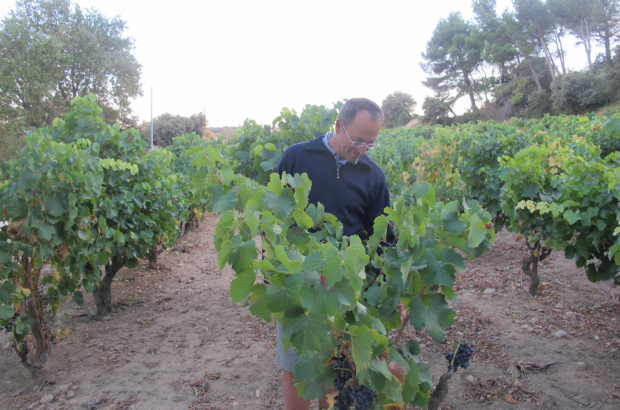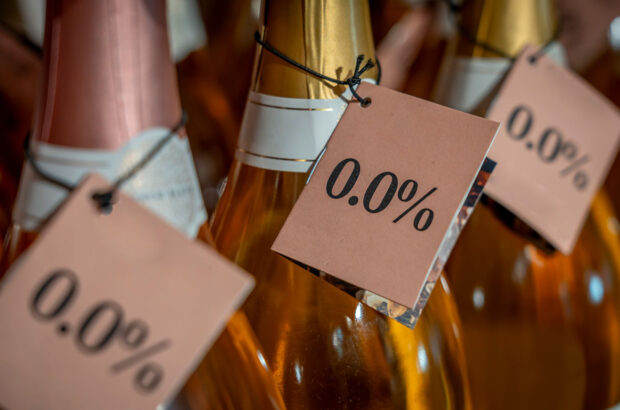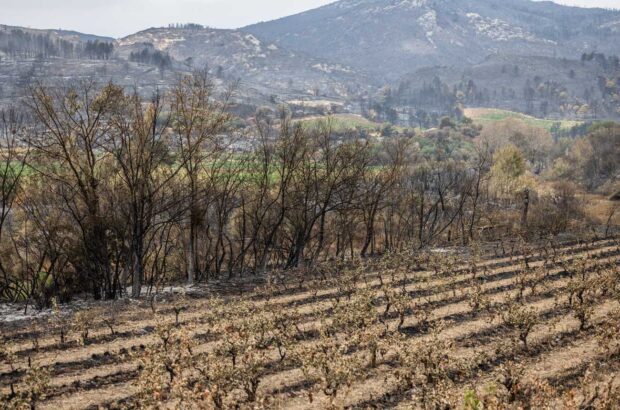The wine world finds itself at a moment of great turmoil but also exciting transformation. After decades of a misleading focus on international varieties – thought best suited to leverage the commercial potential of producers in foreign markets – there is, at last, a shared understanding of the fact that indigenous grapes are an intrinsic component of terroir, natural as much as cultural. Their preservation is therefore essential to ensure the resilience of the local identity, on the one hand, and the production of wines that truly capture the history and soul of a place in time.
Utiel-Requena is in a privileged position, having remained fiercely committed to its viticultural heritage. The region’s indigenous varieties have been championed by some of its most prominent producers, ensuring their continuity and the preservation of old vineyards with invaluable genetic diversity – especially well-suited to face the challenges of climate change.
Late blessings
The late-ripening, aptly-named Tardana is Utiel-Requena’s flagship indigenous white grape. Once deemed to lack the necessary attributes to produce quality wines, it is now being rediscovered under a new light, thanks to the unwavering commitment of some producers. Their efforts have been validated by Tardana’s ability to withstand drought – which has come to the forefront in recent years, with several consecutive vintages of extremely low precipitation (tragically balanced by October 2024’s intense rains and flash floods).

Barrel room at Bodegas Vibe, where winemaker Juan Carlos García is trialling barrel-aged iterations of Tardana
Among the producers leading the revival of Tardana is Vibe, the brainchild of hospitality entrepreneur Raúl Vicente Bezjak. Having been part of the project from its inception, winemaker Juan Carlos García López is developing a systematic approach to explore Tardana’s affinity with oak and its potential to produce fine, ageworthy whites. Meanwhile, the expressions of Tardana already released by Vibe stand out for their unctuous texture and moreish complexity, with pride of place at Vicente’s restaurants and catering venues.
Also championing Tardana as one of its signature varieties is family-owned Vera de Estenas. Founded by Francisco Martínez Bermell in the 1970s, the estate released its first wines in the early 1980s, following a terroir-focused approach that earned it Pago status in 2013. The producer releases one of the variety’s purest expressions alongside a representative collection of its flagship red counterpart, Bobal, which also counts Vera de Estenas as one of its torchbearers. Now at the helm of the family estate, Félix Martínez Roda, the founder’s son, has developed a range that showcases Bobal’s versatility – from the Rosado de Estenas to the ageworthy Casa Don Ángel, of which Félix led an epic vertical tasting in June 2023.
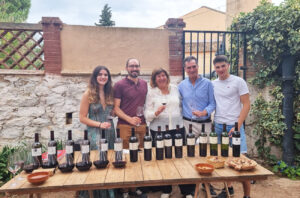
Félix Martínez Roda, surrounded by his family and the Vera de Estenas team, during the vertical of Casa Don Ángel
Superior Bobal
It’s the work of producers such as Vera de Estenas that has allowed Bobal to emerge as one of Spain’s most intriguing and compelling varieties in the last couple of decades.
Its long ripening cycle, meanwhile, makes it particularly resilient as spring frosts and hailstorms become more unpredictable and heatwaves push earlier. And the structure of its canopy – low and compact – preserves much-needed moisture in times of elusive precipitation.
Like Vera de Estenas, Jiménez-Vila have developed a unique range in which Bobal features as a source of fine wines of structure and food-friendly appeal, as well as obvious raw material for fresh, crunchy reds. Jiménez-Vila has honed its ability to capture and interpret the plasticity of Utiel-Requena’s signature red grape: the small winery, founded by siblings Jorge and Marisa Jiménez-Vila in 2017, has a precious portfolio of old bush-trained Bobal vines, all harvested and selected by hand.

Jorge and Marisa Jiménez-Vila
Making the difference
Meanwhile, leading cooperative Coviñas has played a key role in the preservation and renewed appreciation of Bobal – and Tardana – at scale. With 3,000 members and representing nearly 40% of Utiel-Requena’s production, the cooperative has embraced its responsibility as leading steward of the appellation’s landscape and heritage – not least through its renewed attention to and introduction of viticultural best practices among growers, to preserve and value the appellation’s old vines. The cooperative has also been instrumental in establishing the Bobal de Alta Expresión category, created by DO Utiel-Requena to emphasise the singular potential of the region’s oldest vines to produce expressive, cellar-worthy wines.

Members of the Coviñas cooperative
With climate change looming large, winemakers the world over have been forced to reconsider their viticultural assets. In Utiel-Requena, all they had to do was to recommit to their unique legacy.
Four wines to explore Utiel-Requena’s indigenous varieties:
 Bodegas Vibe, Parsimonia Tardana
Bodegas Vibe, Parsimonia Tardana
100% Tardana
A pure, food-friendly expression of Tardana, produced with fruit from El Azagador as well as nearby Los Serranos. The grapes are destemmed, crushed and undergo a pre-fermentation at low temperatures, prior to fermentation in stainless steel. Some time on the lees give it an unctuous, moreish touch. A creamy citrus edge is offset by aromatic lift, exotic intensity and a fine layer of spice.

Vera de Estenas, La Tardana de Estenas
100% Tardana
This Tardana features alongside a Rosado and a crunchy amphora-aged red in Vera de Estena’s more approachable lower-intervention range. Also fermented and aged in clay, it showcases the variety’s purity and texture with a lime edge and bright acid underpinning the fleshy orchard fruit.
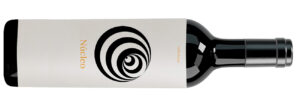
Jiménez-Vila Hns., Núcleo
100% Bobal from old vines
A characterful Bobal, from old unirrigated vineyards. Fermentation – both alcoholic and malolactic – happens in stainless steel followed by 20 months in 225-litre French oak. The result is a wine that brings out Bobal’s herbal and savoury dimension, underscored by a mineral freshness and preserving its pure, crunchy fruit.
 Coviñas, Adnos – Bobal de Alta Expresión
Coviñas, Adnos – Bobal de Alta Expresión
100% Bobal from old vines
This is Coviñas’ – and one of Utiel-Requena’s – flagship examples of Bobal, under the ‘Alta Expresión’ category. It’s produced with fruit from 5.5ha of old bush-trained vines, with yields of less than 2kg per vine. The small production of highly concentrated fruit delivers a robust wine, softened by 24 months in French and American oak and with plenty of potential to develop in bottle.






